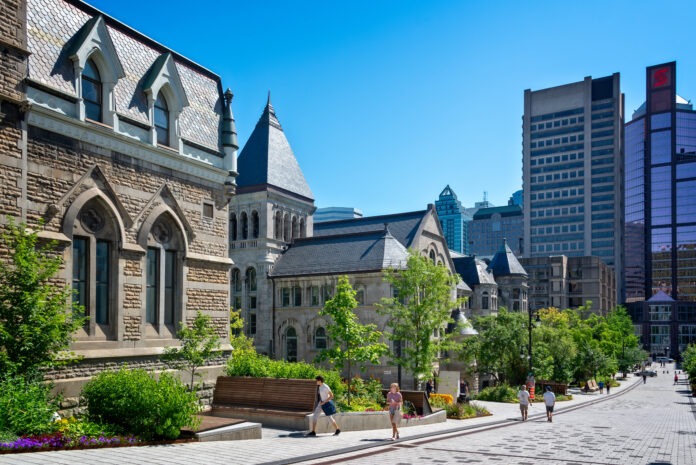
British Columbia has placed a provincial ban on new colleges enrolling international students for two years.
It follows the federal government’s introduction of a temporary two-year cap on the number of Canada study permit issuances.
This is being done with the aim of eliminating “exploitative practices” in the field, as per the BC post-secondary education minister Selina Robinson.
The province is also setting minimum language requirements at private institutions so that international students would be “better prepared” before entering BC.
Schools would be inspected more frequently so that standards are confirmed to be met, and private colleges and universities will need to be more transparent with tuition fees and prove that the new programs meet labor market demands.
These new policy announcements are a mode of scrutinizing the “diploma mills” that collect high fees from international students while being the source of poor education.
Read More Canada Immigration News
Prince Edward Island Issues 136 Canada Immigration Invitations In New PNP Draw
Report Says Two-Step Canada Immigrants Earn More Than One-Step Newcomers
Spousal Sponsorship Immigration On Track To Rise In 2023
“That’s why we’re introducing more stringent requirements for institutions and robust safeguards to protect international students against bad actors, provide them with a better path to success, and make sure B.C. continues to attract the talented students we need to fill significant gaps in the labour market and drive our economy forward,” said Robinson.
Just last week, Immigration Minister Marc Miller announced that his department was capping the number of undergraduate study permit approvals for two years at 360,000 a year – a 35 per cent reduction from last year.
This comes after the student program had grown to reach more than 800,000 students in 2022, putting – according to some experts – strain on housing and affordability.
BC would have the power to dictate how many international students can be enrolled at each college and university, regardless of whether they are public or private.
Ottawa has been allotted a number of international students to BC that it is allowed to accept. Premier David Eby told CBC’s Rosemary Barton that the number – undisclosed to the public at the moment – concerns him.
Him and Robinson said they have been talking to Miller about excluding certain programs that train people for in-demand professions from the caps.
Watch Video
The Vancouver Sun reported that Eby told reporters that “I do think that there’s a role for the province to play here in supporting the federal government’s goal, which we share, of reducing the overall numbers.”
However, he added that the reductions should be done “in a way that minimizes harm to the overall provincial economy, post secondary institutions, to international students themselves and maximizes the benefits of why we’ve always supported a strong international student program in British Columbia.”
New maximum enrolment numbers for international students will also be set for public post-secondary institutions.
Natalia Tola, national deputy chair of the Canadian Federation of Students, said to Postmedia News that the cap may cause a scramble to make up for financial losses from chopped international tuition, resulting in a possible uptick in tuition for both international and domestic students.

